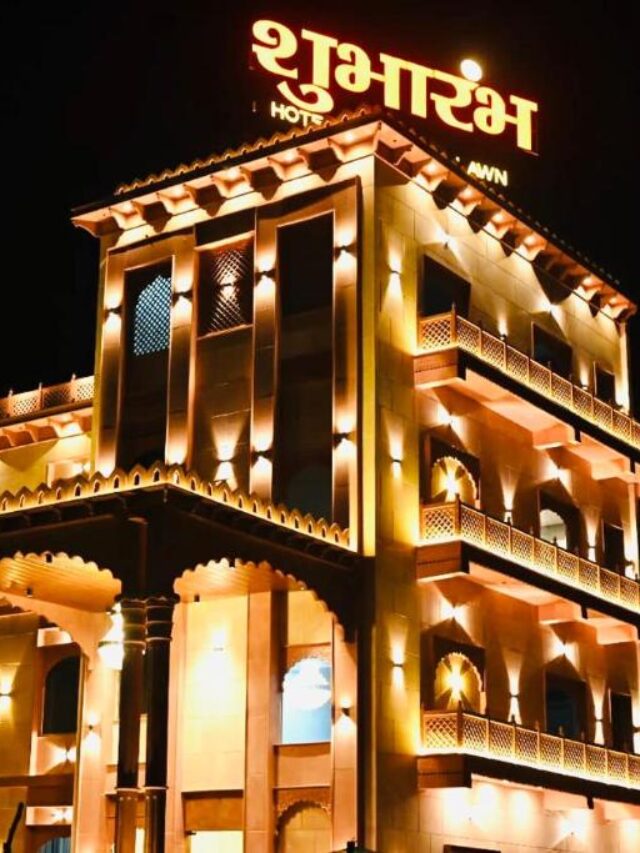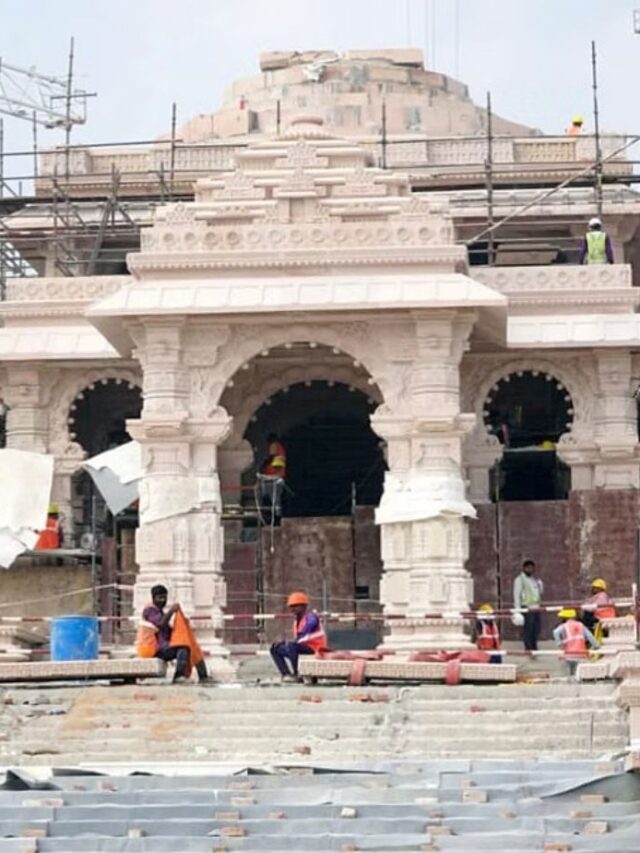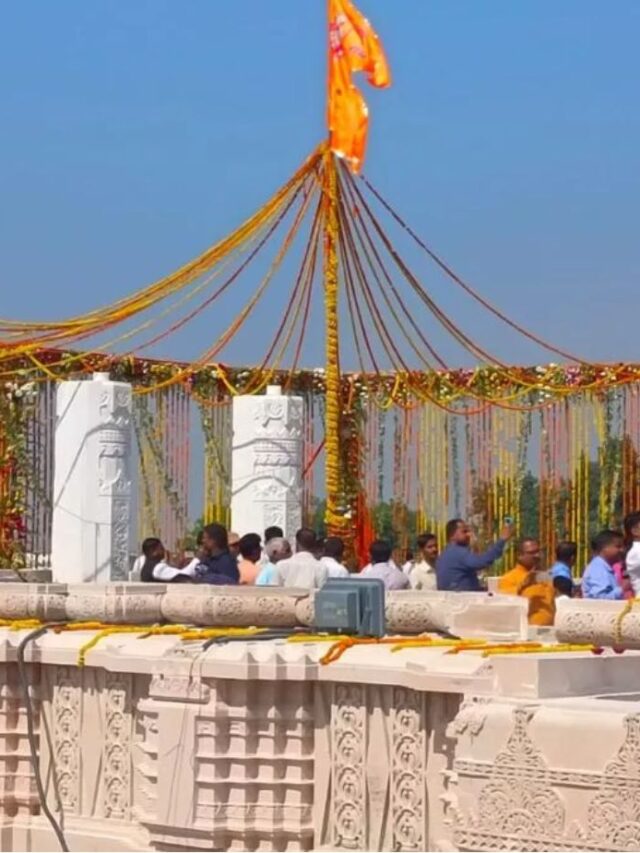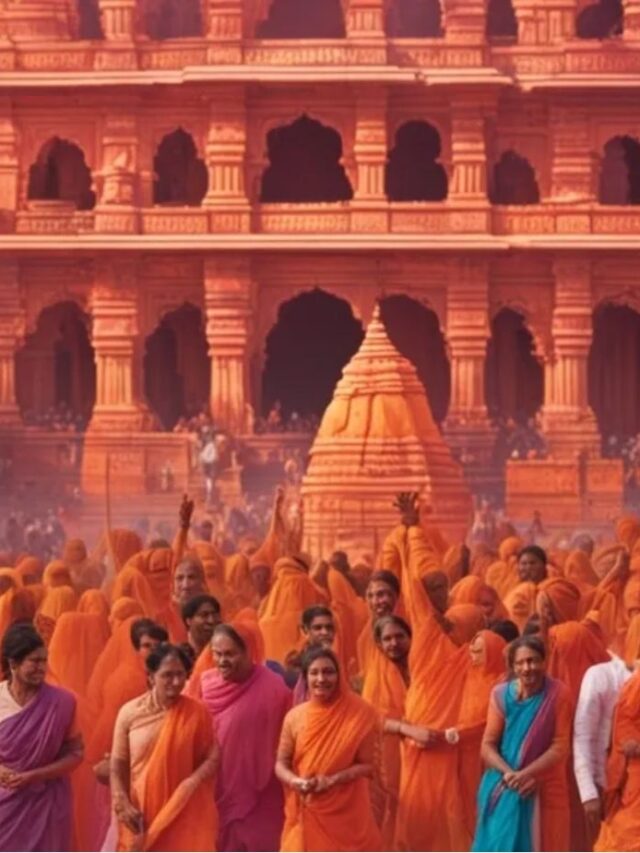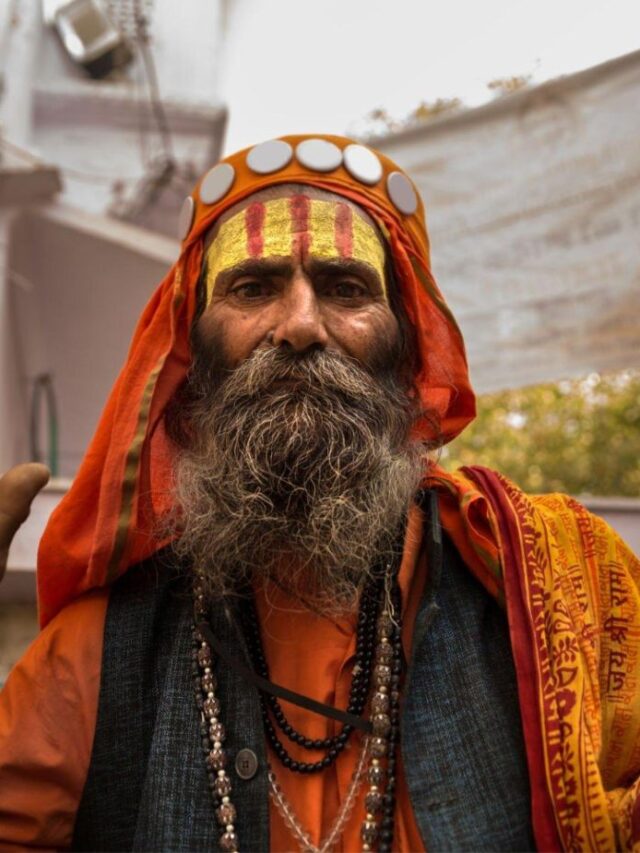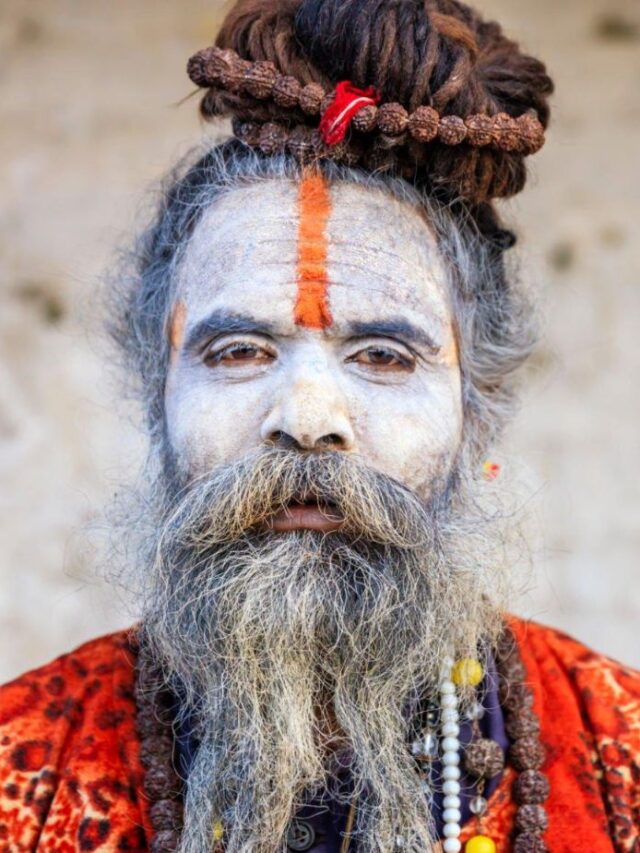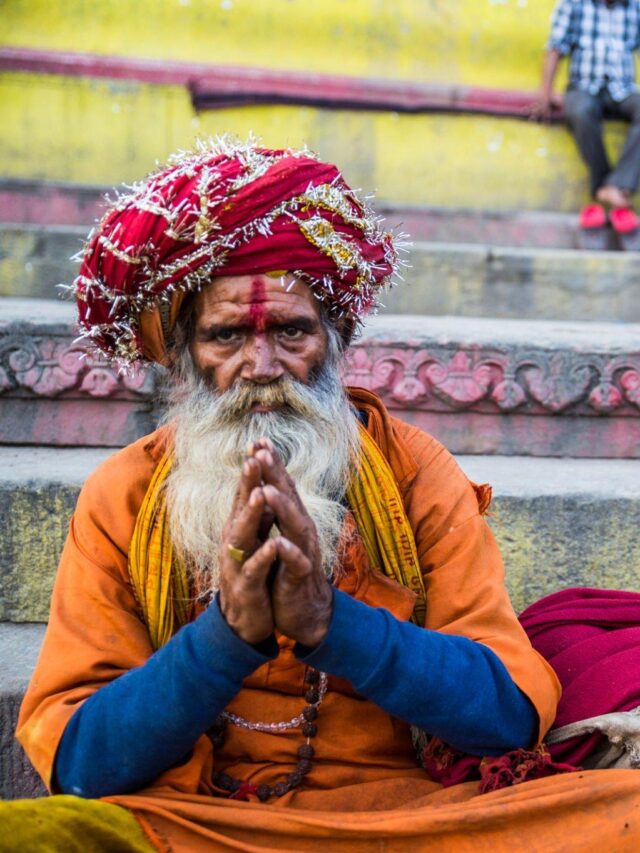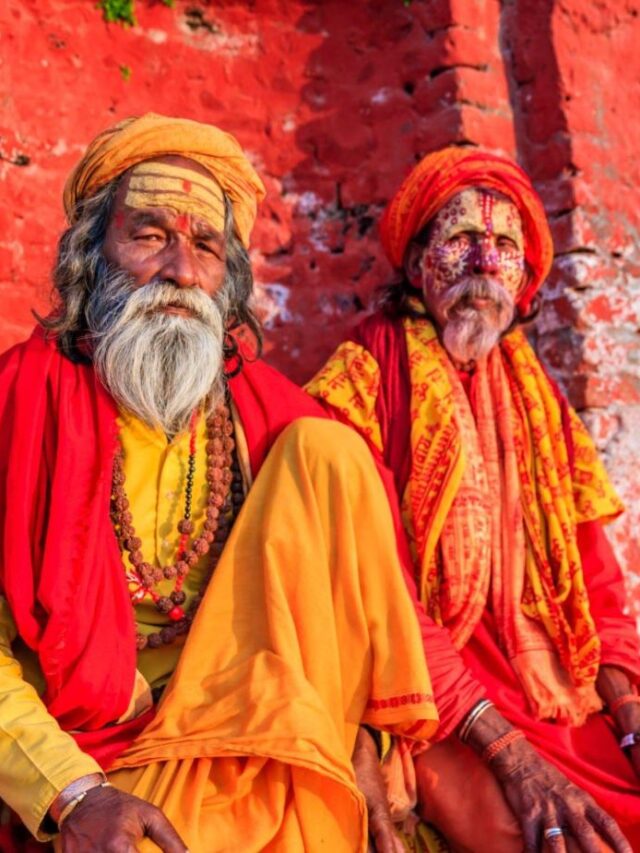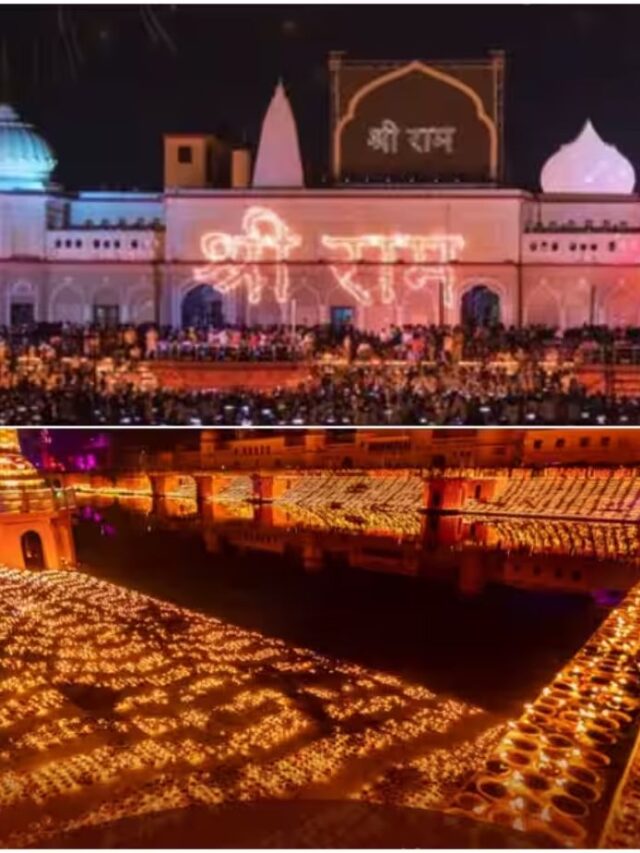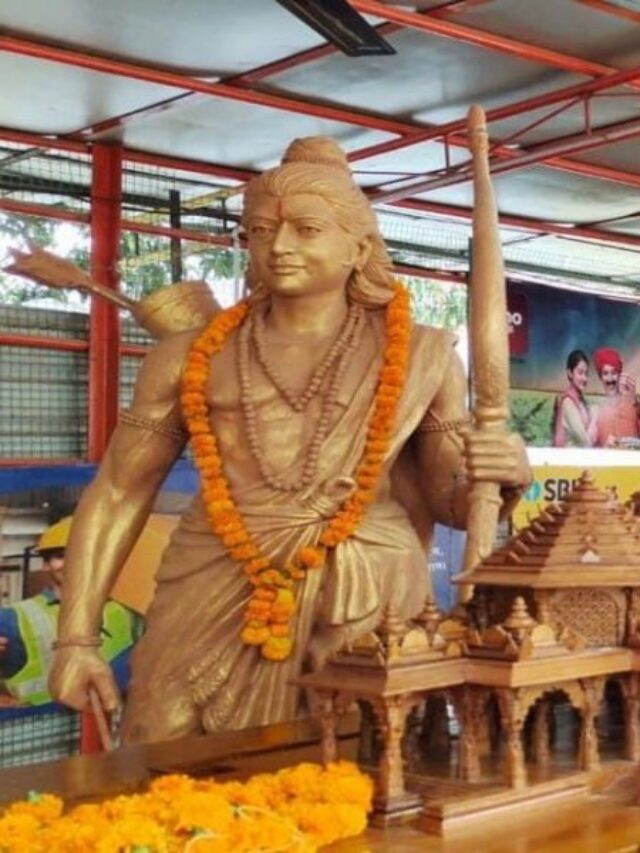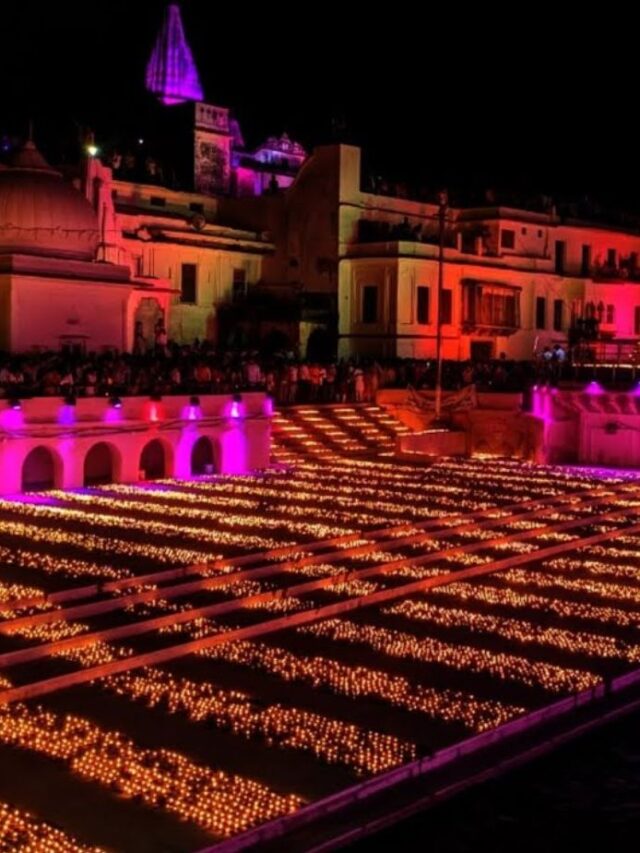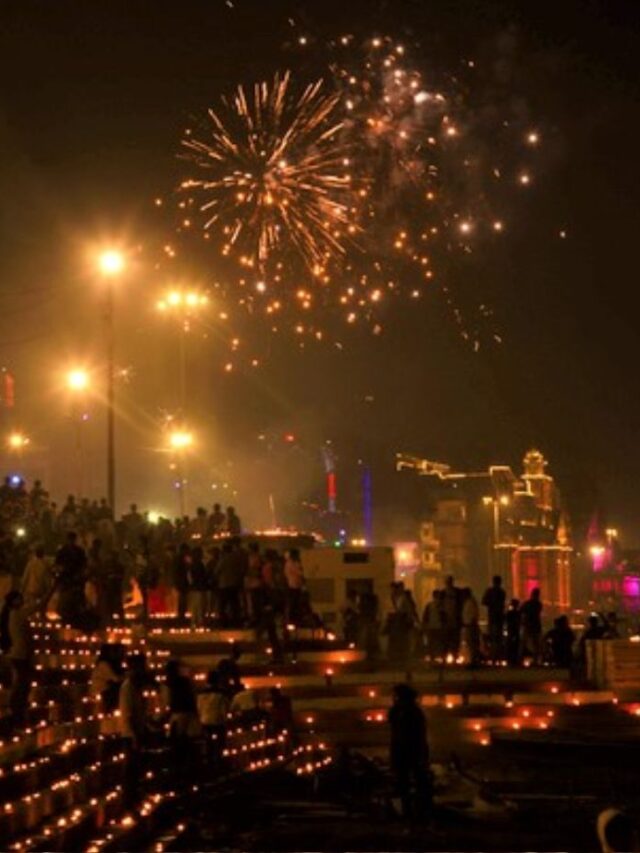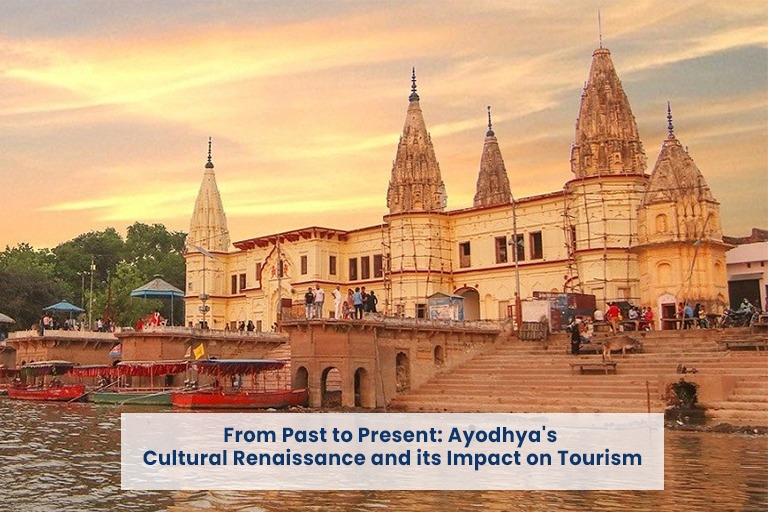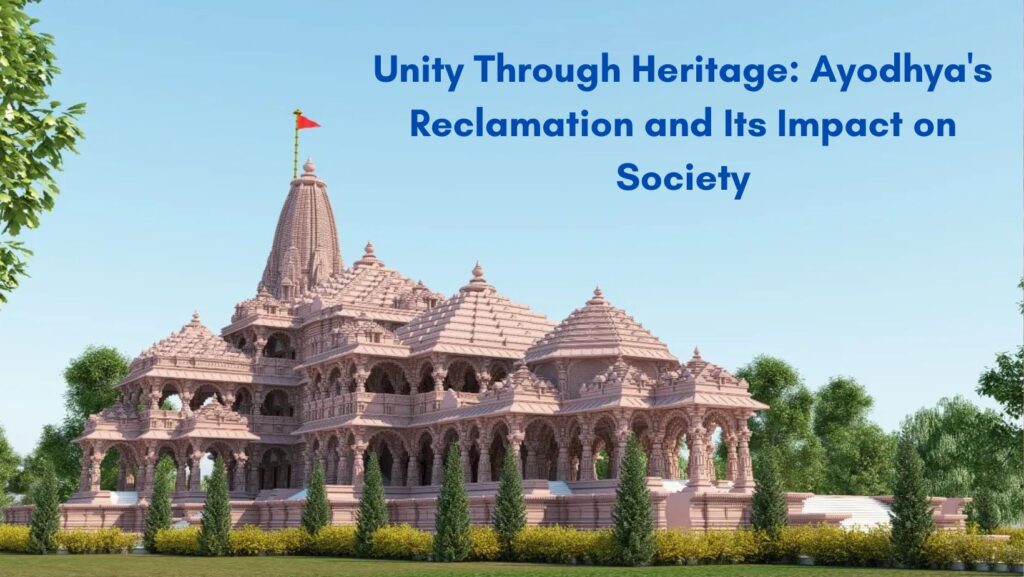The role of Vivikshana in the epic saga of Ramayana is often overshadowed by the central characters, but its significance is profound. Vivikshana, Ravana’s wise brother, plays a pivotal role in advising his sibling against the abduction of Sita. His counsel, rooted in morality and foresight, highlights the conflict between right and wrong within the story. This lesser-known character embodies the timeless theme of conscience and serves as a reminder that even in the face of temptation and power, a voice of reason can stand strong, leaving an indelible mark on the Ramayana’s narrative tapestry.
Vivikshana: An Unseen Yet Vital Character
Within the expansive tapestry of the Ramayana, Vivikshana emerges as a significant yet lesser-known persona, whose choices bear profound repercussions. Vivikshana, born to the demon king Ravana and the younger sibling of Indrajit (Meghnad), plays a crucial role predominantly within the confines of Lanka, where he assumes the position of one of Ravana’s trusted advisors.
Also read – Unveiling the Remarkable Personality of Lakshman in Ramayana
While the central elements of the epic revolve around Ravana’s malevolence and Sita’s abduction, it becomes imperative to acknowledge that Vivikshana’s character introduces nuances of ambiguity into this predominantly dichromatic narrative. His presence in the story bestows depth, reminding us that not all demons are inherently wicked.
Vivikshana’s Role as a Moral Compass
One of the most significant aspects of Vivikshana’s role is his moral compass, which often puts him at odds with his elder brother, Indrajit, and his father, Ravana. Unlike them, Vivikshana is portrayed as a demon who is not entirely devoid of ethics and principles.
Vivikshana’s moral dilemmas are most apparent when he learns about the abduction of Sita. He is aware that his family’s actions, particularly those of Ravana and Indrajit, are not morally justifiable. This inner conflict makes him a character worth exploring in depth.
Vivikshana’s Efforts to Persuade Ravana
Vivikshana’s first significant contribution to the epic occurs when he tries to persuade Ravana to return Sita to Lord Rama. He recognizes the righteousness of Rama’s cause and the grave injustice done to Sita. Despite his loyalty to his family, Vivikshana stands up for what he believes is right.
His efforts to convince Ravana showcase his courage and integrity. He argues that holding Sita against her will not only invite Rama’s wrath but also tarnish Lanka’s reputation. This confrontation between Vivikshana and Ravana highlights the clash between dharma (righteousness) and adharma (unrighteousness) that underlies the entire narrative of the Ramayana.
Also read – Ayodhya International Airport will become operational before the inauguration of Ram Temple
Vivikshana’s Conflict with Indrajit
Vivikshana’s moral dilemmas also extend to his relationship with his elder brother, Indrajit, who is known for his exceptional skills in warfare. Indrajit’s unwavering loyalty to Ravana often puts him in direct opposition to Vivikshana.
A notable instance of this conflict occurs during the battle between Rama and Ravana’s forces. Indrajit employs a deceptive tactic, the “illusionary sacrifice,” to trap Rama and Lakshmana. Vivikshana is deeply troubled by this tactic, as it involves the unethical use of divine powers and deceit.
Their disagreements escalate, leading to a confrontation in which Vivikshana confronts Indrajit, questioning the ethics of his actions. This clash between brothers highlights the internal turmoil within the demon clan, emphasizing that not all demons blindly endorse evil.
Also read – Hanuman ji in Ramayana: The Loyal Devotee and Mighty Warrior
Vivikshana’s Tragic End
In the grand narrative of the Ramayana, Vivikshana’s moral struggles ultimately lead to his tragic end. His unwavering commitment to dharma and his reluctance to support Ravana’s adharma ultimately seal his fate.
 Also read – Ayodhya’s Ram temple may open for devotees from January 24 in the new year
Also read – Ayodhya’s Ram temple may open for devotees from January 24 in the new year
As the epic approaches its climax, Vivikshana, unable to tolerate the increasing darkness around him, leaves Lanka and seeks refuge in the forest, aligning himself with Lord Rama’s side. This act of siding with dharma over blood ties demonstrates Vivikshana’s integrity and unwavering commitment to righteousness.
Vivikshana’s Impact on the Ramayana
Vivikshana’s role within the Ramayana transcends that of a mere supporting character. His character functions as a reflective lens, portraying the timeless struggle between righteousness and wrongdoing, dharma and adharma. He underscores the enduring message that, even in the most formidable circumstances, one has the capacity to embrace the path of virtue.
Moreover, Vivikshana’s character spotlights the significance of moral quandaries and inner conflicts within the realm of storytelling. His presence adds intricate layers to the epic, rendering it more accessible and thought-provoking for its audience. His decisions and actions serve as a constant reminder that individuals possess the power to sculpt their destinies through their choices.
Also read – Unveiling the Enigmatic Ravan of Ramayana: Deciphering Good and Evil
Within the broader narrative of the Ramayana’s teachings, Vivikshana emerges as an emblem of hope and redemption. His character exemplifies the notion that even those entwined with darkness can uncover the radiant light of dharma within themselves, reshaping their life’s course.
Conclusion
In the epic Ramayana, the role of Vivikshana stands as a testament to the power of wisdom and diplomacy. Vivikshana, the younger brother of Ravana, played a crucial role in advising his brother against the abduction of Sita. His wise counsel highlighted the consequences of such an act, revealing the potential destruction it could bring to their kingdom. Although Ravana ultimately disregarded this counsel, Vivikshana’s role underscores the significance of rational thinking and moral guidance in the face of temptation, offering a timeless lesson in ethical decision-making.
Also read – Discovering Divine Bliss: How to Explore the 12 Jyotirlingas in India

